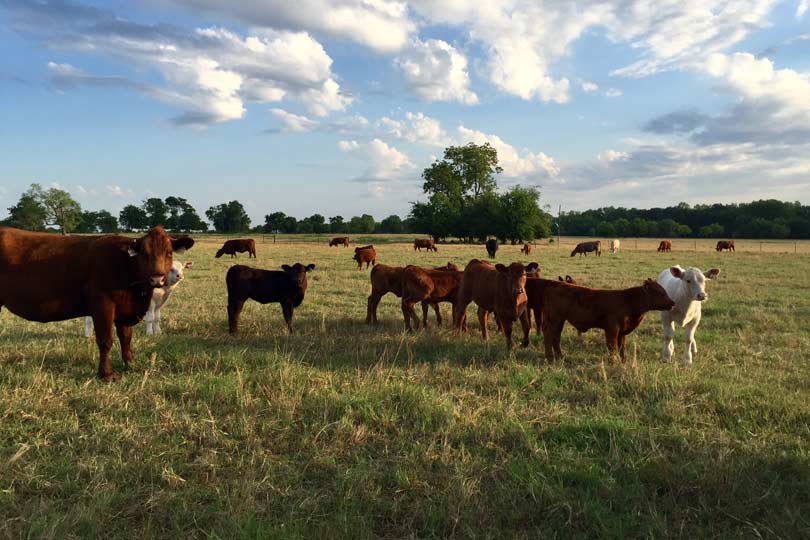By Jessica Domel
Multimedia Reporter
To help landowners and tenants ensure their rights are protected, the award-winning Ranchers Leasing Workshop is now available online.
Just like the in-person workshops, the online course explores the basics of a written lease agreement, the most common lease arrangements and payment structures, and possible terms in an agricultural lease relating to termination.
“It’s really focused on grazing and hunting leases primarily,” Tiffany Dowell Lashmet, agricultural law specialist for Texas A&M AgriLife Extension Service, said. “We also touch a little bit on livestock leases, and we go pretty in-depth into some landowner liability issues. It’s really focused on the ranching community that’s involved in those types of leases.”
To make the online course as close to the in-person workshops as possible, the three-hour video course features Lashmet and Dr. Greg Kaase, AgriLife agricultural economist and risk management specialist, at the front of a room with a PowerPoint screen giving the presentation.
The course is designed to help both landowners and tenants protect themselves and their relationship by having a strong written lease.
“We really try to cover the gamut of it,” Lashmet told the Texas Farm Bureau Radio Network. “We start with basic things like why it might be beneficial to do a lease, and why your leases should be in writing. We really spend a good chunk of time on some of the economics of it, how to structure a lease from an economic standpoint, what average lease rates are around the state and where you can find those resources.”
The workshop also dives into terms that should be included in the lease.
Those who take the online course receive a PDF copy of the “Ranchers Agriculture Leasing Handbook” that corresponds with the course.
“It goes even more in-depth,” Lashmet said. “One of the real benefits is there’s a checklist for each type of lease and some corresponding sample lease language you could use to put a lease together yourself.”
Lashmet said the handbook is a useful resource that landowners and tenants can consult when needed.
“Maybe right now you just have a grazing lease, and that’s the chapter you’ve used, and you put it on the shelf. Later, if you decide to lease your hunting rights, you’ve got that resource there,” Lashmet said.
The online course does not replace the in-person workshops.
“We put this online course together before the pandemic hit. It just happened to be timely when we rolled it out, and we did it because those in-person events are so popular that we just can’t get everywhere people want us to have them,” Lashmet said.
Lashmet and Kaase intend to host in-person workshops in 2021.
The online workshop can be found here.
Cost is $75.
Click here to get additional information and resources from Texas Farm Bureau.

